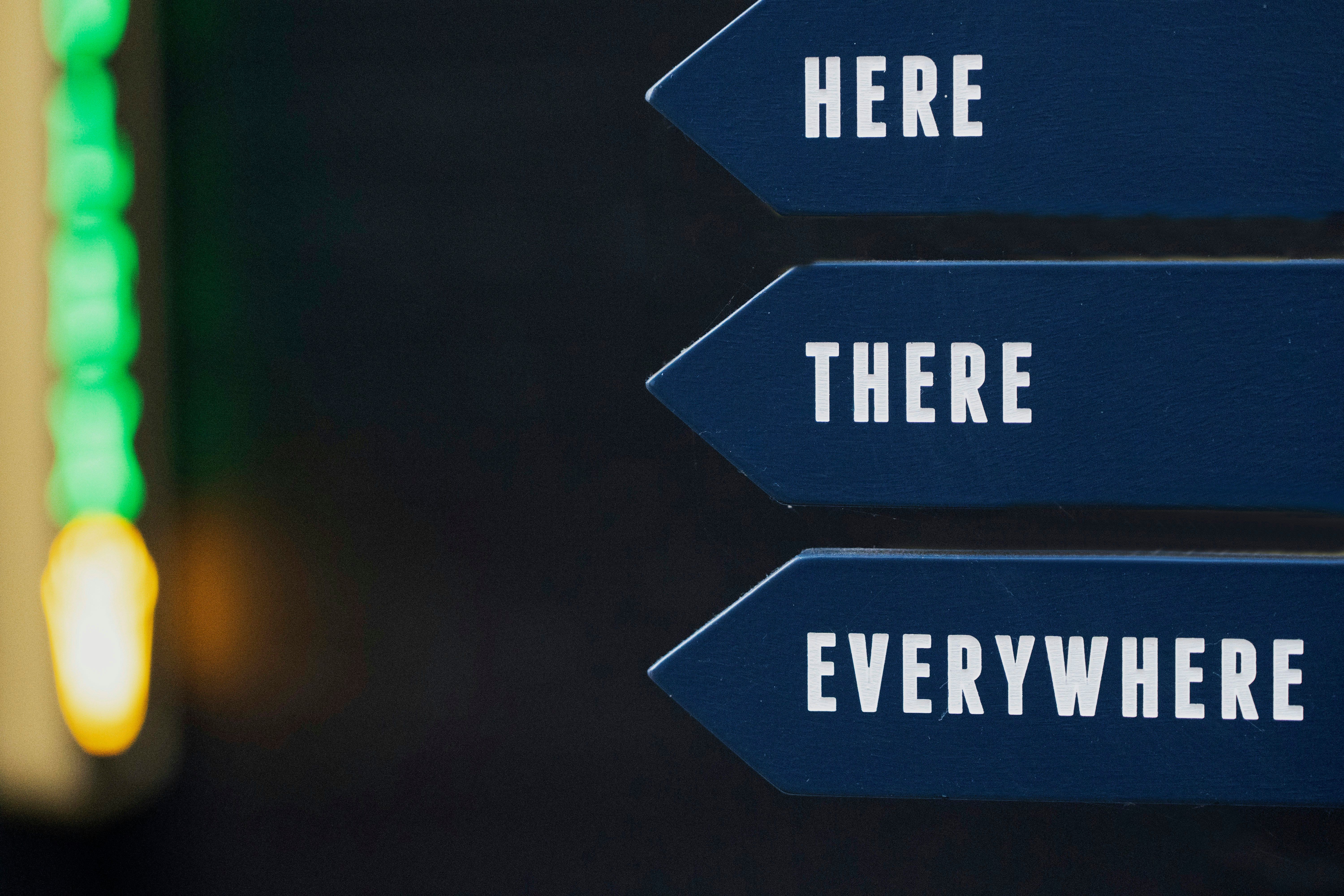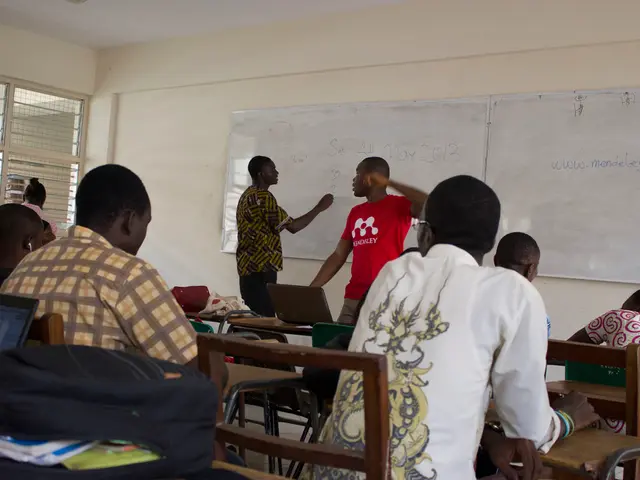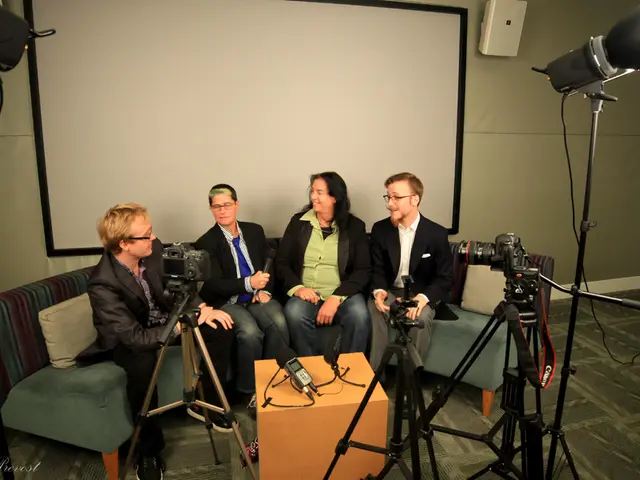Uncertainty's Impact on the Human Mind
In today's dynamic world, certainty, once a cornerstone of survival, can now hinder our progress. As technological, social, and economic shifts swirl around us, our instinct for certitude may keep us rooted instead of adaptable. However, our survival now hinges on embracing uncertainty rather than shying away from it.
How can we cultivate a friendship with uncertainty and even use it to our advantage? Neuroscience provides crucial insights into this question. When confronted with uncertainty, our brains activate two significant regions: the amyggdala, our emotional center, and the prefrontal cortex, responsible for analysis and logical responses. Interestingly, these regions communicate through the thalamus, creating a dialogue between our emotions and logic to navigate uncertain situations more effectively.
Research suggests that integrating thinking and feeling leads to better decisions in uncertain scenarios. Rather than suppressing emotions in favor of logic, the key is coordinating both parts of yourself to respond more adeptly.
Many of us, however, fall into traps when faced with uncertainty. We might experience analysis paralysis, gather every shred of information before acting, or engage in binary thinking, ultimately limiting our possibilities. From emotional avoidance to attempting to handle everything alone, these tendencies can hamper our ability to thrive in the face of uncertainty.
The solution lies in adopting an experimental mindset. Instead of viewing uncertain situations as problems to solve, we can see them as opportunities to run experiments. By doing so, we reduce amyggdala activation, engage the prefrontal cortex in curious exploration, and create new neural pathways that make uncertainty feel more manageable over time.
The next time you face uncertainty, instead of asking "What's the right answer?", try approaching the question like a scientist: "What could I learn from this experience?" This simple reframe will help transform anxiety into curiosity, demonstrating the power of an experimental mindset.
Navigating uncertainty is a complex task but not an insurmountable one. By implementing evidence-based strategies, we can learn to work with our brains' natural responses to uncertainty:
- Use the Plus Minus Next method to observe thoughts without getting stuck in them. By examining what's working, what isn't, and what to try next, you create an actionable framework for processing uncertain situations.
- Label your emotions to better manage them. This simple practice reduces overwhelm and engages the prefrontal cortex for more effective response.
- Connect with others facing similar uncertainties. Sharing experiences and decisions with others can offer new perspectives and tap into collective wisdom.
Ultimately, uncertainty is a space for growth and discovery. By understanding and adapting our brains' automatic responses, we can navigate uncertainty rather than against it. Your brain may prefer certainty, but it's fully equipped to handle the unknown. The real question isn't whether you can handle uncertainty - it's what you'll discover when you approach it with an experimental mindset.
- Embracing uncertainty isn't just beneficial but also essential for personal growth, as an experimental mindset, cultivated through neuroscience, encourages us to view uncertain scenarios as opportunities for exploration and learning.
- In uncertain situations, leveraging metacognition, or the ability to think about our own thought processes, can help coordinate our feelings and logic for better decision-making, ultimately leading to improved health-and-wellness and mental-health outcomes.
- In education-and-self-development, adopting an experimental mindset can be instrumental in navigating uncertainty, as it enables us to examine our thoughts and emotions, engage in meaningful dialogue with others, and discover new insights that foster continued growth and progress.








